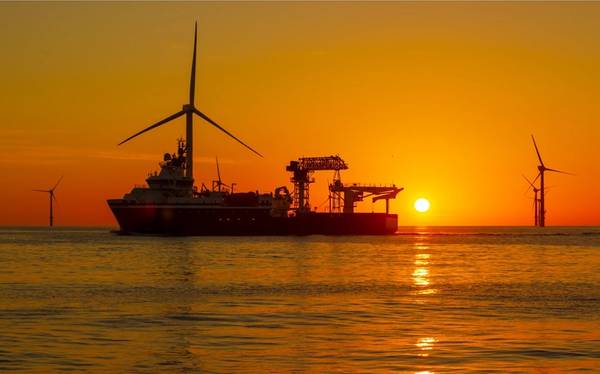
“The UK Continental Shelf has the potential to make a deep and meaningful impact on the UK’s overall net-zero target and offshore energy integration can be the game-changer," Andy Samuel, CEO of the UK's Oil and Gas Authority said Thursday.
Samuel's statement was released in conjunction with the release of the final report on Energy Integration Project released Thursday by the Oil and Gas Authority’s (OGA) in collaboration with Ofgem, The Crown Estate and the Department for Business, Energy and Industrial Strategy (BEIS),
According to the OGA, the integration of offshore energy systems, including oil and gas, renewables, hydrogen, and carbon capture and storage, could deliver around 30% of the UK’s total carbon reduction requirements needed to meet the 2050 net-zero target.
The report also highlights the additional potential for offshore renewables (wind, wave, and tidal) to contribute approximately a further 30% towards the UK’s net-zero target.
Per the OGA, this means the UK Continental Shelf (UKCS) could support, in combination with complementary investments in onshore energy infrastructure, around 60% of the UK’s decarbonization requirements.
OGA Chief Executive Dr. Andy Samuel said: “By closely co-ordinating our energy systems a secure energy supply can continue to be delivered from a diverse mix of production while unlocking more and more of the green energy and carbon capture needed to help take the UK to net-zero.”
Minister for Energy and Clean Growth, Kwasi Kwarteng, said: “It is great to see this report set out a clear path towards net-zero, highlighting that the offshore energy sector has the capacity to help deliver huge carbon reductions."
“Sharing existing expertise and infrastructure from the oil and gas industry will be integral in the development of our outstanding renewable energy sector, helping us meet our climate change commitments."
The findings of the report include:



